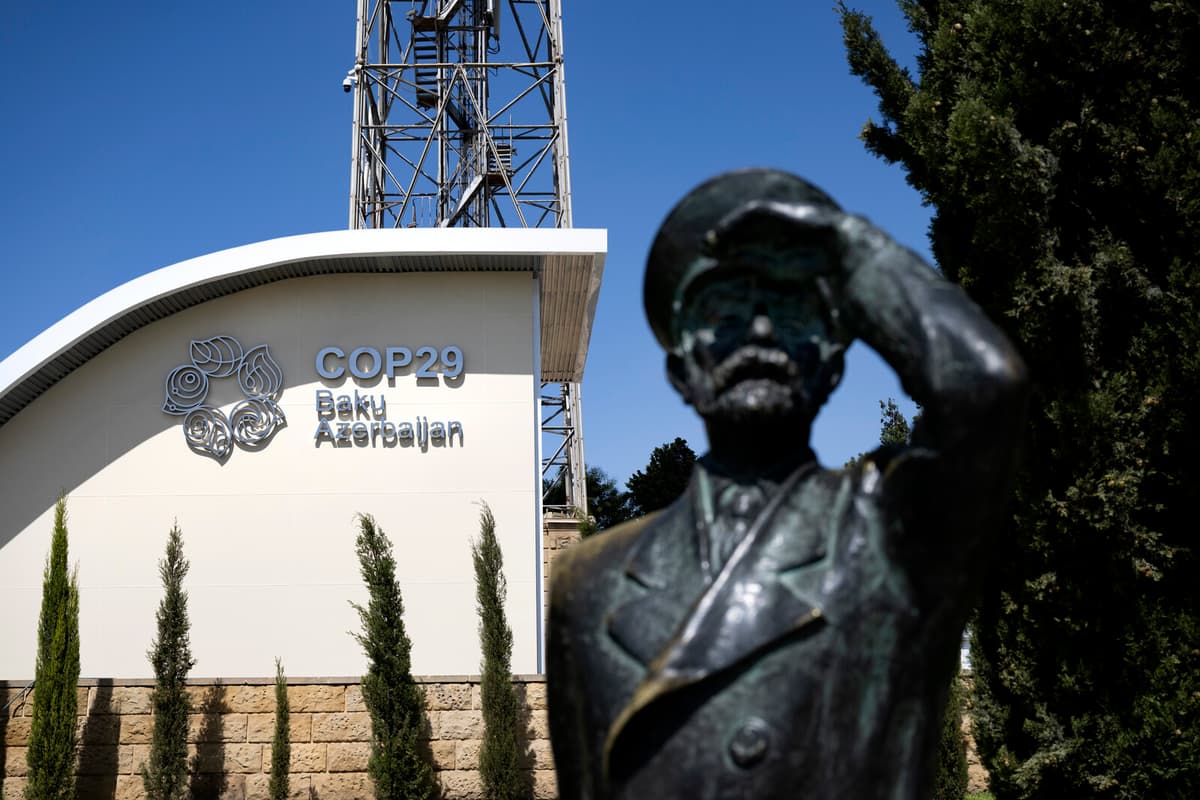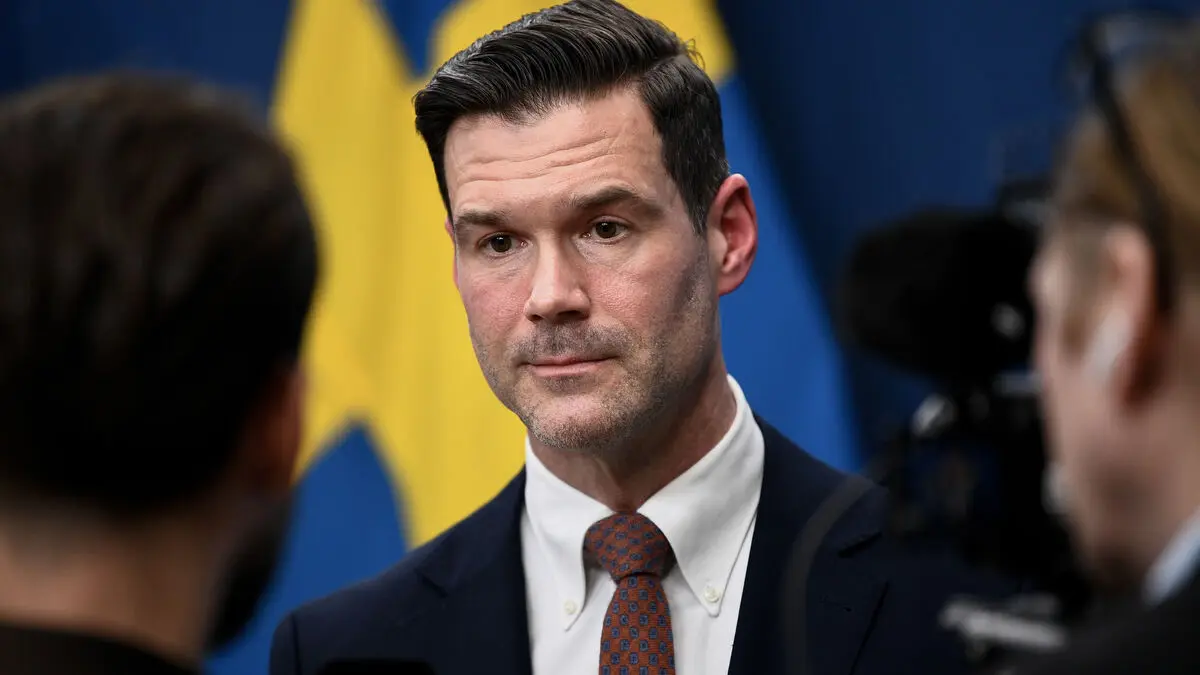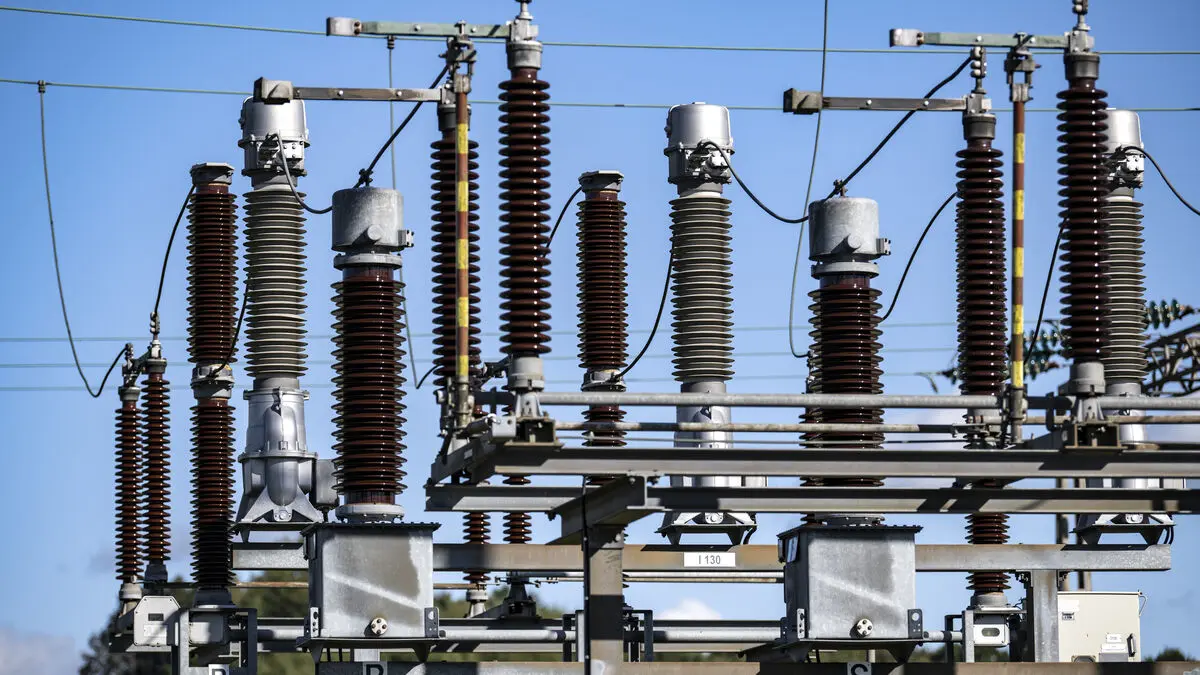1. Who will pay – and how much?
The big question at COP29 is climate financing – the money rich countries should pay to help poorer countries tackle climate change.
In 2009, rich countries pledged to provide $100 billion per year in climate financing by 2025. Now that the financing is to be renegotiated, the parties are far apart. There is no agreed sum, no agreement on where the money will come from, who will receive it, or what it will be used for.
Several developing countries believe that $1,000 billion per year is needed for them to be able to sharpen their emission reduction targets. The USA and EU also want more countries to contribute, such as oil-rich Gulf states and China – which the latter do not agree with.
There are concerns that the issue will be so difficult to resolve that the meeting cannot be concluded on time.
2. Good COP or bad COP?
There is criticism that the climate meeting is once again being held in a country whose economy is based on fossil fuels.
Azerbaijan's President Ilham Aliyev has also been clear that he thinks gas- and oil-producing countries like his should continue to invest in the sector – something that clashes with the agreement from COP28 on a faster phase-out of fossil fuels.
The fact that the country does not impress in human rights issues is also counted as a minus. It is unclear what space will be given for the environmental movement's traditional demonstrations in connection with the meeting.
3. Who's coming?
The first days will feature a summit between world leaders, but this year many will stay home. Neither the President of the European Commission, Ursula von der Leyen, the outgoing President of the USA, Joe Biden, nor France's Emmanuel Macron will come to Baku. Neither will Sweden's Prime Minister Ulf Kristersson.
Many are saving their energy for COP30 in Brazil next year, where new national climate commitments (NDC) will be established.
COP28 set a record for the number of participants, but COP29 is expected to be more sparsely attended. Around 50,000 are expected to come to Baku, compared to 70,000 in Dubai.
4. In the shadow of Trump
Less than a week before the climate meeting starts, Donald Trump was elected President of the USA, which will overshadow the meeting.
During his previous term, Trump took the USA out of the Paris Agreement. Joe Biden took the USA back in, but Trump has promised to take the USA out again. There is concern that momentum in the climate transition will be lost if other countries do not step forward and fill the gap left by the USA.
The election of Trump will likely make the American delegation, which belongs to Joe Biden's administration, almost powerless.






